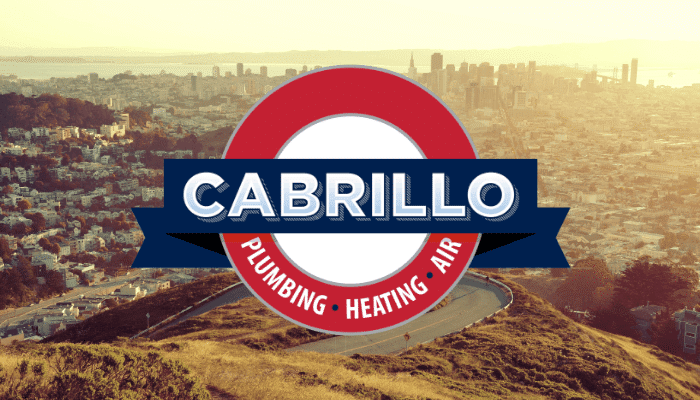
In the typical home, water heating accounts for about 18 percent of the utility bill. This makes it the second largest energy expense in your home! Given that water heating consumes so much energy on a daily basis, you might be wondering, “Is my water heater energy efficient?” As it turns out, this is a question that is more complicated than simply looking at your unit’s efficiency rating. Today we’re going to talk about how to figure out if your water heater is energy efficient and what you can do to improve your unit’s efficiency!
Is my water heater energy efficient? 5 things to check for
- 1. Energy factor. The efficiency rating of your water heater is the most obvious first place to look when you’re trying to figure out how efficient your unit is. In order to receive an EnergyStar rating, a gas-powered water heater must have an Energy Factor (EF) of at least 0.67. If your unit’s EF is less than that, upgrading to a more efficient model would help reduce your monthly energy bills.
- 2. Sediment buildup. Over time, sediment builds up at the bottom of your water heater’s tank. When this happens, it builds a barrier in between your water heater’s heating elements and the water in the tank. This makes it harder for your water heater to do its job, and it has to consume more energy in order to compensate. You can avoid this by having your tank flushed out at least once per year.
- 3. Water hardness. The sediment buildup that we described above happens much faster in homes that have hard water. That’s because the sediment mostly comprises of calcium and magnesium minerals that make water hard. Water heaters in homes with hard water tend to operate less efficiently because of this, but you can avoid efficiency concerns by installing a water softener in your home.
- 4. Tank temperature. Just like your furnace, your water heater consumes less energy when its thermostat is set lower. Many manufacturers set their water heaters as high as 140 degrees when they leave the factory, but 120 degrees is a sufficient temperature for most homes and it will allow your water heater to consume much less energy.
- 5. Maintenance history. In order to keep your water heater running as efficiently as possible, it’s essential that you schedule annual maintenance on your unit. Annual maintenance will take care of any operational problems that might be hindering your water heater’s efficiency, and during yourtune-up from Cabrillo we’ll also flush your tank (as we talked about above).
If you have an older water heater or one that is not operating efficiently, you may want to consider changing it soon. Aside from the immediate fuel cost savings, you will be ahead of the game when the Department of Energy changes the requirements for how efficient new water heaters must be in April of 2015. If you have questions about the coming changes, feel free to speak with one of Cabrillo’s experienced and knowledgeable plumbers.
If you have any questions about whether or not your water heater is energy efficient, or if you’d like a plumbing system serviced or installed in your home, contact Cabrillo, your Bay Area plumbing, heating and air conditioning contractor.
